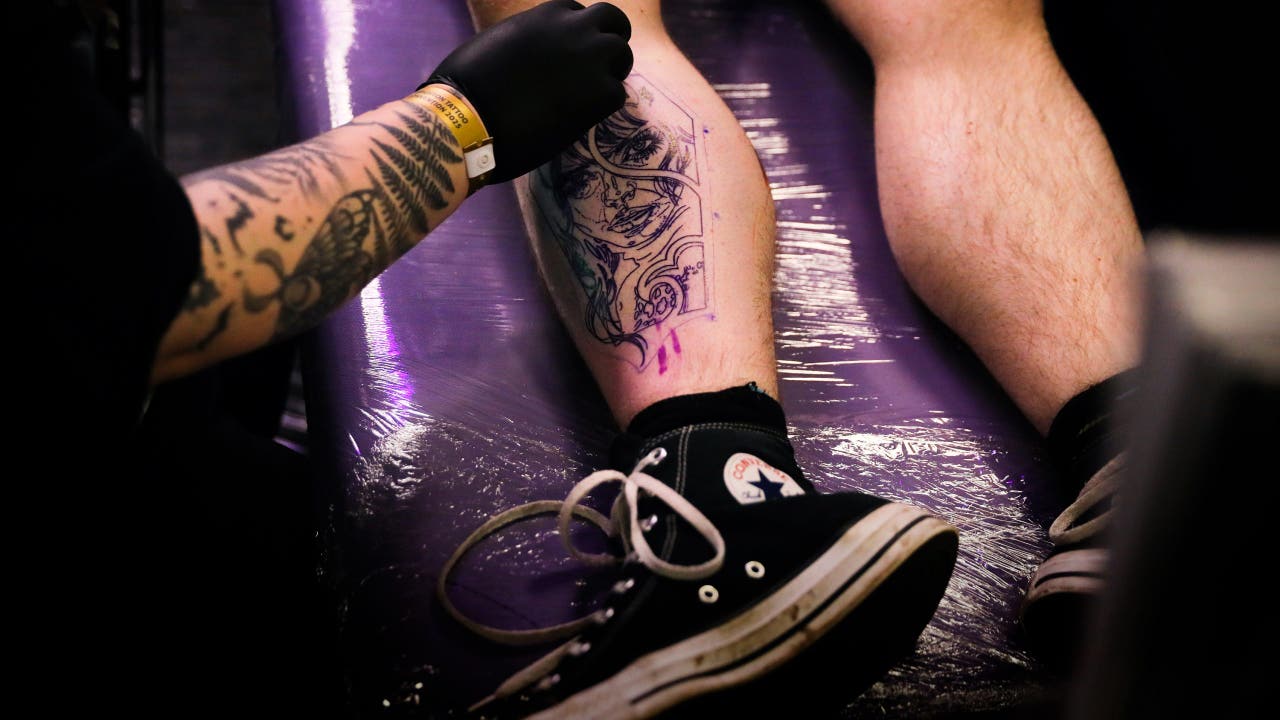Urgent Health Alert: FDA Warns of Dangerous Contaminated Tattoo Ink – Risks and What You Need to Know

The U.S. Food and Drug Administration (FDA) has issued a stark warning regarding potentially dangerous contaminated tattoo inks, urging both tattoo artists and consumers to be extremely cautious. This alert follows reports of adverse reactions and potential serious health risks linked to certain tattoo inks, highlighting a concerning issue within the tattoo industry.
What's the Problem?
The FDA's investigation has revealed that some tattoo inks contain bacteria and other contaminants that can lead to infections, allergic reactions, and even more severe health complications. These contaminants can originate from various sources, including poor manufacturing practices, unsterile equipment, or the use of ingredients that haven't been properly tested or purified.
Reported Health Risks
Individuals who have received tattoos with contaminated ink have reported a range of adverse effects, including:
- Skin infections: Redness, swelling, pain, and pus at the tattoo site.
- Allergic reactions: Itching, rash, hives, and potentially more severe reactions.
- Scarring: Permanent changes to the skin's appearance.
- Systemic infections: In rare cases, the infection can spread beyond the tattoo site and affect other parts of the body.
Who is Affected?
Both tattoo artists and their clients are at risk. Tattoo artists must ensure they are using inks from reputable suppliers with rigorous quality control measures. Consumers should be proactive in choosing a licensed and reputable tattoo artist who prioritizes safety and hygiene.
FDA Recommendations for Tattoo Artists
- Source Verification: Only purchase inks from reputable manufacturers with documented quality control processes. Request documentation verifying the ink's purity and sterility.
- Batch Testing: Consider testing inks for bacteria and other contaminants before use, especially if you're using a new or unfamiliar brand.
- Proper Storage: Store inks properly according to the manufacturer's instructions to prevent contamination.
- Sterile Practices: Adhere to strict sterile practices during the tattooing process, including using disposable needles and equipment.
What Consumers Should Do
- Research Your Artist: Choose a licensed and reputable tattoo artist with a clean and sterile studio. Check online reviews and ask for recommendations.
- Ask About Ink: Inquire about the ink brands the artist uses and their sourcing practices. Don't be afraid to ask questions about safety and quality.
- Report Adverse Reactions: If you experience any adverse reactions after getting a tattoo, contact your doctor immediately and report the incident to the FDA's MedWatch program.
The FDA's Ongoing Efforts
The FDA is actively working to address this issue by increasing oversight of tattoo ink manufacturers and providing guidance to tattoo artists and consumers. However, the agency's authority to regulate tattoo inks is limited, and it continues to advocate for stronger regulations to protect public health.
This health alert serves as a crucial reminder to prioritize safety when getting a tattoo. By taking proactive steps and being informed, both tattoo artists and consumers can help minimize the risk of adverse health consequences.






